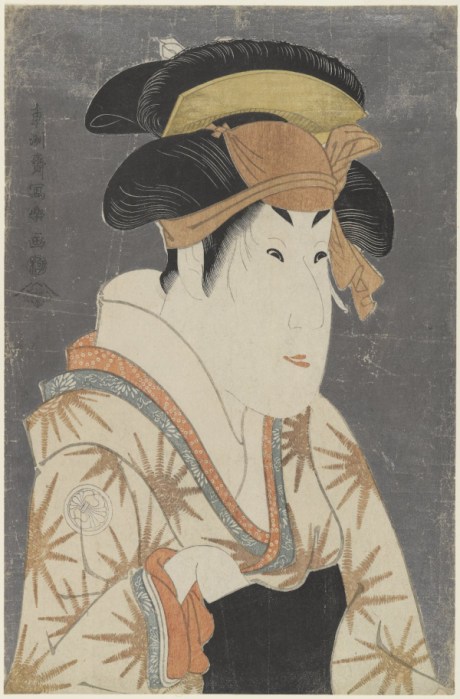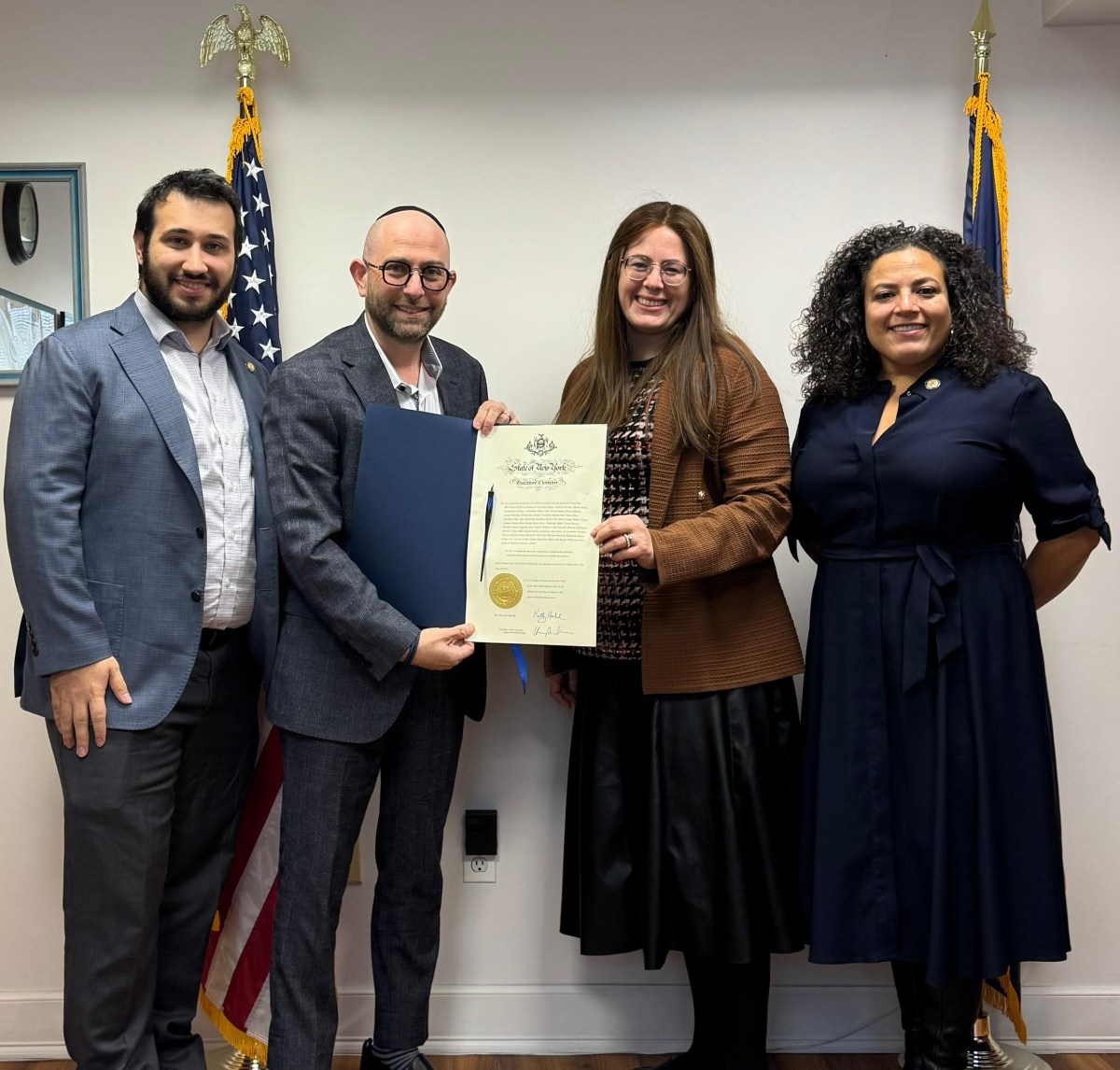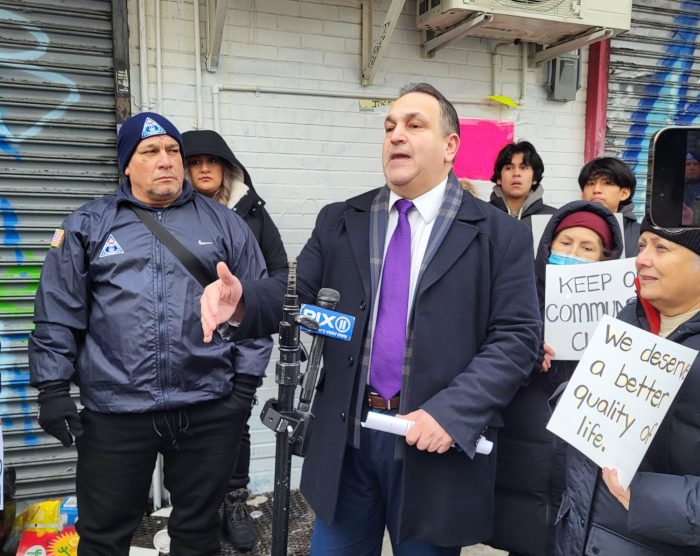Brooklyn Democratic Congresswoman, Yvette D. Clarke (NY-09) on Monday introduced a Redlining Resolution, H. Res. 829, in the US House of Representatives acknowledging the history and lasting impact of redlining and the federal government’s role in creating this problem.
Clarke said the legislation addresses the role that the government played in “systematically excluding marginalized communities from the single largest pathway of wealth creation in our nation’s history: home ownership.
“I introduced the Redlining Resolution to address the government’s role in redlining and housing discrimination that has driven a staggering wealth gap between white communities and communities of color,” she said. “We know that Black families have been historically subjected to discriminatory and predatory lending practices that continue to negatively impact our community.
“Near-systematic exclusion from home ownership due to discrimination makes obtaining the American Dream nearly impossible for families of color,” added Clarke, the daughter of Jamaican immigrants.
Through the Home Owners Loan Corporations (HOLC), she said the federal government “effectively created” the 30-year amortized mortgage.
Before this, Clarke said most mortgages were three to five years and had high interest rates limiting access to home ownership.
She said HOLC issued detailed maps subdividing the entire country based on the demographics of neighborhoods to assess the credit-worthiness of potential borrowers.
“These maps allowed banks to justify discriminatory lending practices across the country, reinforcing segregation where it already existed and integrating segregation into the social fabric of the newly developed suburbs,” the congresswoman said.
She said redlining caused “an imbalance of financial real estate wealth that has further divided wealthy and middle-class Americans.”
Today, Clarke said nearly three in four redlined neighborhoods are still poor, adding that the fourth is “often a gentrified neighborhood that has purged all previous tenants.
“The average white family has 10 times the wealth of a Black family,” she said. “Wealth that often stems from home ownership.
“Black families were not allowed the luxury of possessing wealth in the form of housing, and we cannot turn our heads away from this injustice that impacts communities of color at alarming rates,” Clarke added.

























